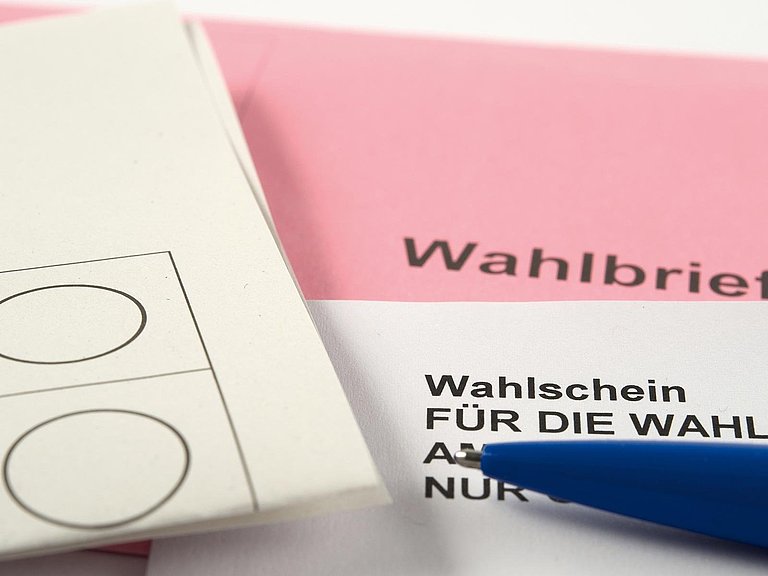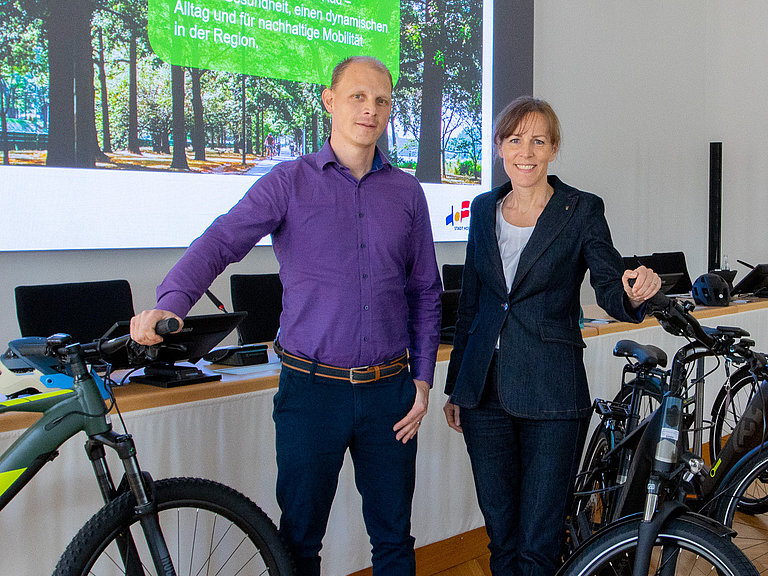Information on the subject of power failure
Electricity is an indispensable part of our society and the basis for many conveniences in daily life. However, this also has the disadvantage that all areas of life are directly affected in the event of a sudden power cut.
Although the topic is not new, the issue of (prolonged) power outages has become increasingly important again in recent times.
In the following sections you will find further information on possible scenarios and how you can prepare yourself for a power cut.
We have prepared the following topics for you:

What is a power failure?
The city of Hof's electricity grid is part of the European interconnected system and is primarily managed by Stadtwerke Hof and Bayernwerk AG on a supra-regional basis. In order to keep the electricity grid stable, a constant balance between electricity supply and demand is required to avoid extreme overloads or undervoltages. Should this nevertheless occur, the tripping area is automatically disconnected from the grid and shut down to safeguard the entire grid. The affected grid area experiences a power failure at this moment.
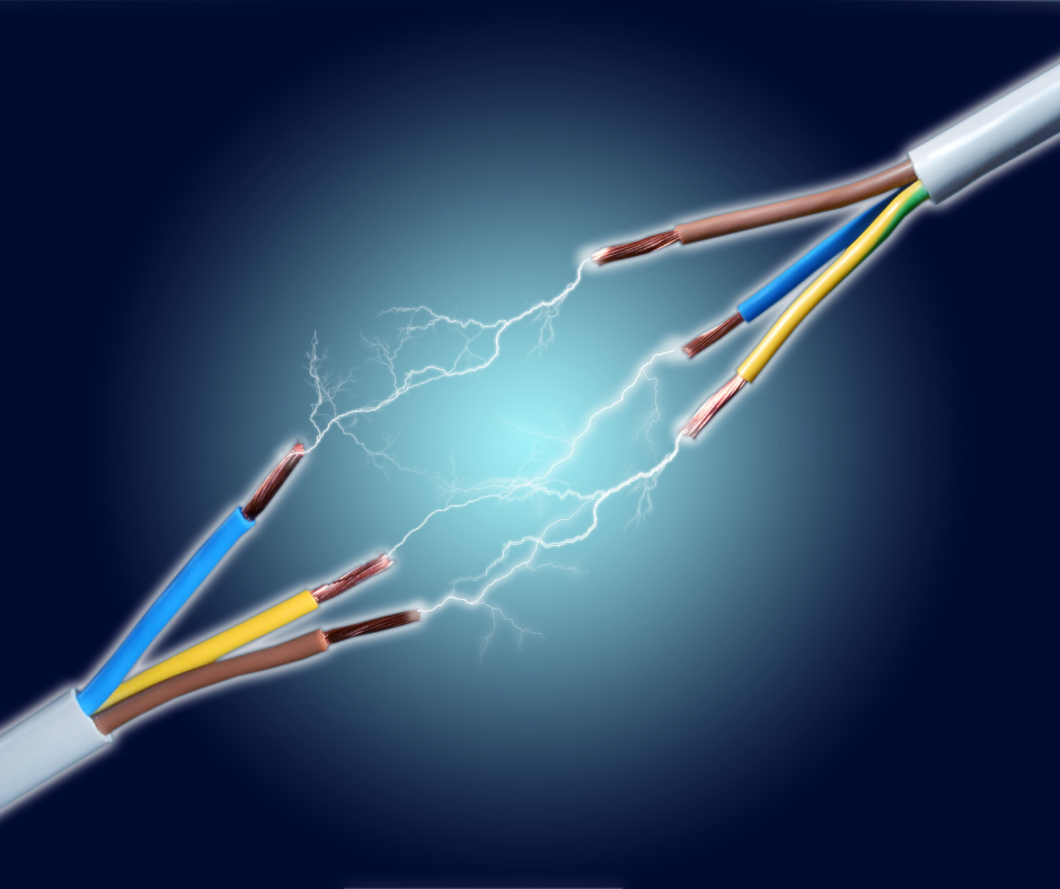
Types of power failure
Depending on the extent, severity and cause, a distinction is made between the following types of power outage:
- A short-term power outage, usually limited to individual streets or urban areas. The outage time here is also in the single to low double-digit minute range.
- A planned power shutdown of individual areas over a fixed period of time (brownout), triggered by a controlled shutdown announced in advance by the grid operator. The shutdown intervals are set in such a way that no major restrictions are expected for the population.
- An unplanned and uncompensated failure of the power supply (blackout) due to unforeseeable circumstances.
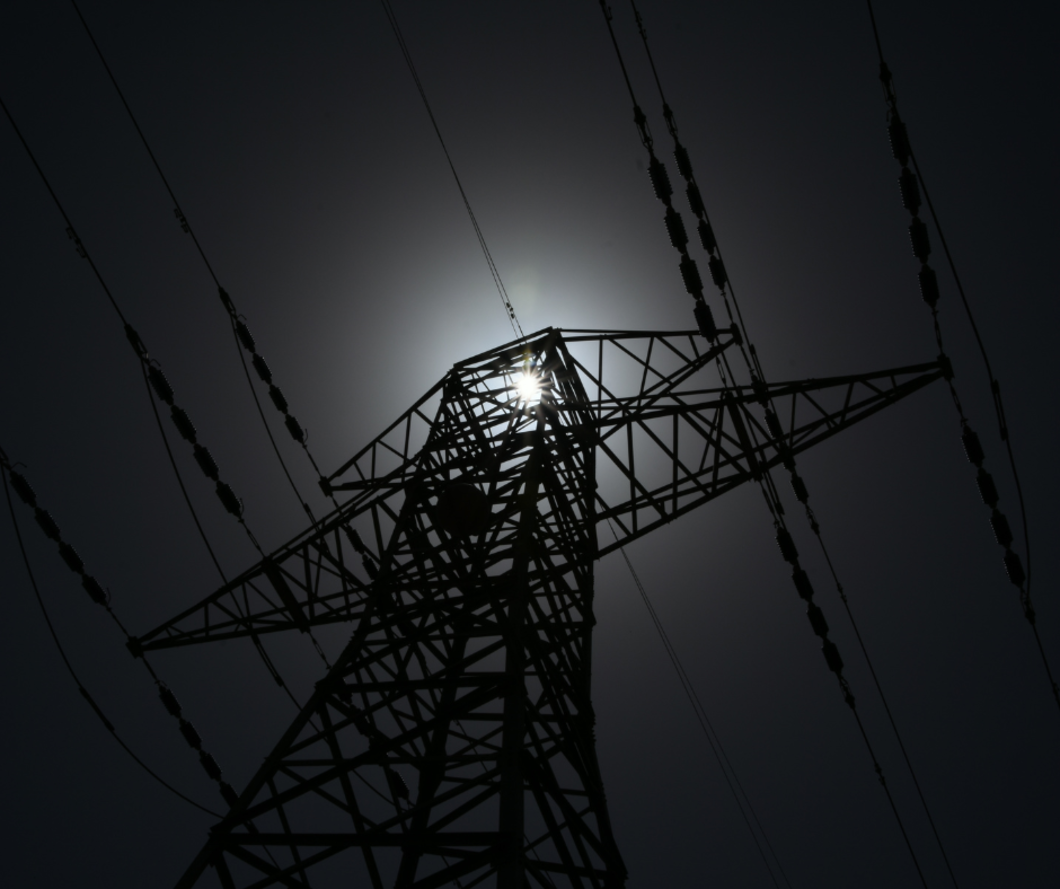
How likely are (long-lasting) power outages?
Both the Federal Office of Civil Protection and Disaster Assistance (BBK) and the grid operators and responsible federal and state ministries do not consider the risk of a prolonged power outage and the serious consequences of this to be impossible, but very unlikely.
Possible causes could be weather events, accidents or other extreme situations. An artificially triggered power outage due to sabotage cannot be completely ruled out either, but safety precautions are taken at all levels to prevent external interference.
Power fluctuations in the electricity grid occur at any time, but are hardly noticeable to the end consumer. According to the Federal Network Agency, the average interruption time in Germany in 2021 was just 12.7 minutes (source: Federal Network Agency).
If the electricity fluctuations cannot be compensated for in regular operation, the first countermeasure would be to shut down the grid of larger industrial companies that have a corresponding shutdown contract. Only if this measure is also insufficient would an attempt be made to compensate for the fluctuation by means of a controlled shutdown (brownout).
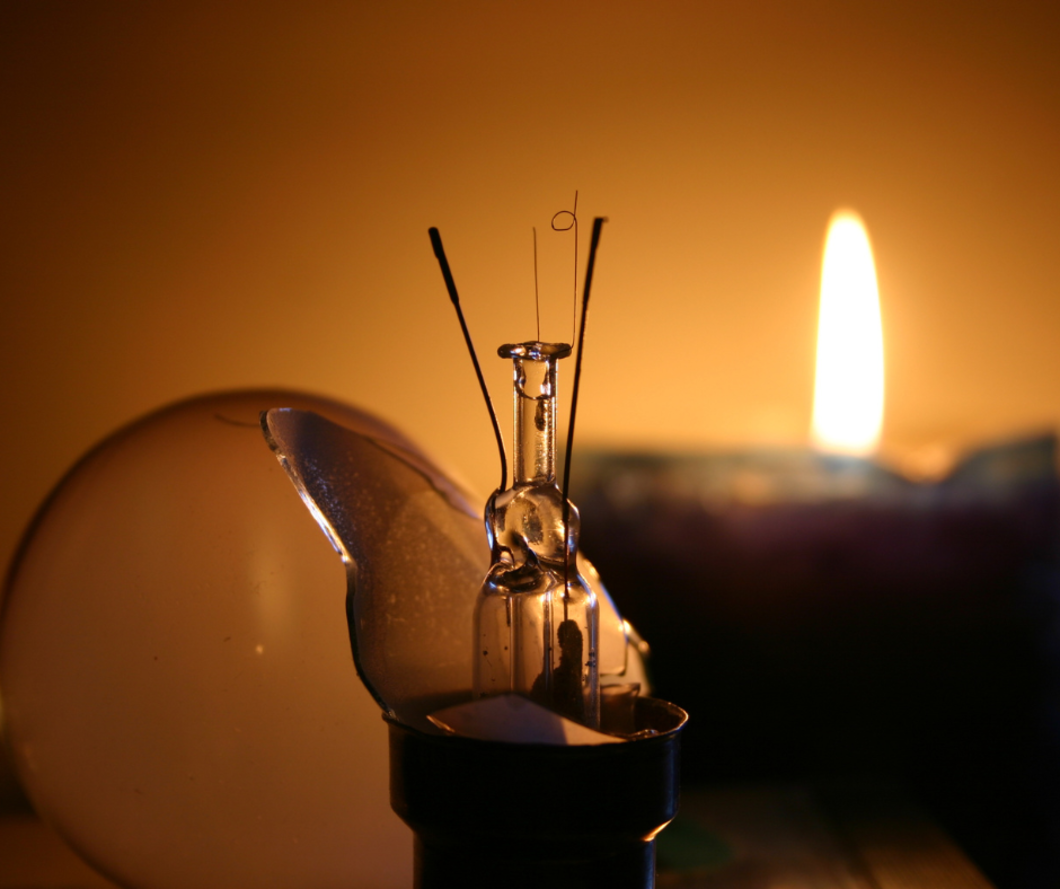
What effects on normal life can be expected?
The topic of power outages has long been part of the planning for preparatory disaster control. The BBK and the Federal Network Agency have provided information on their respective websites, including information on which areas would be affected.
In general, it can be said that a loss of energy supply would have a direct impact in every area. This is most quickly noticeable in the areas of lighting, heat supply and information and telecommunication channels, as these systems fail within a very short time.
Critical infrastructure facilities (KRITIS) in particular have to expect major problems here, but are prepared for emergencies due to their importance to the general public.
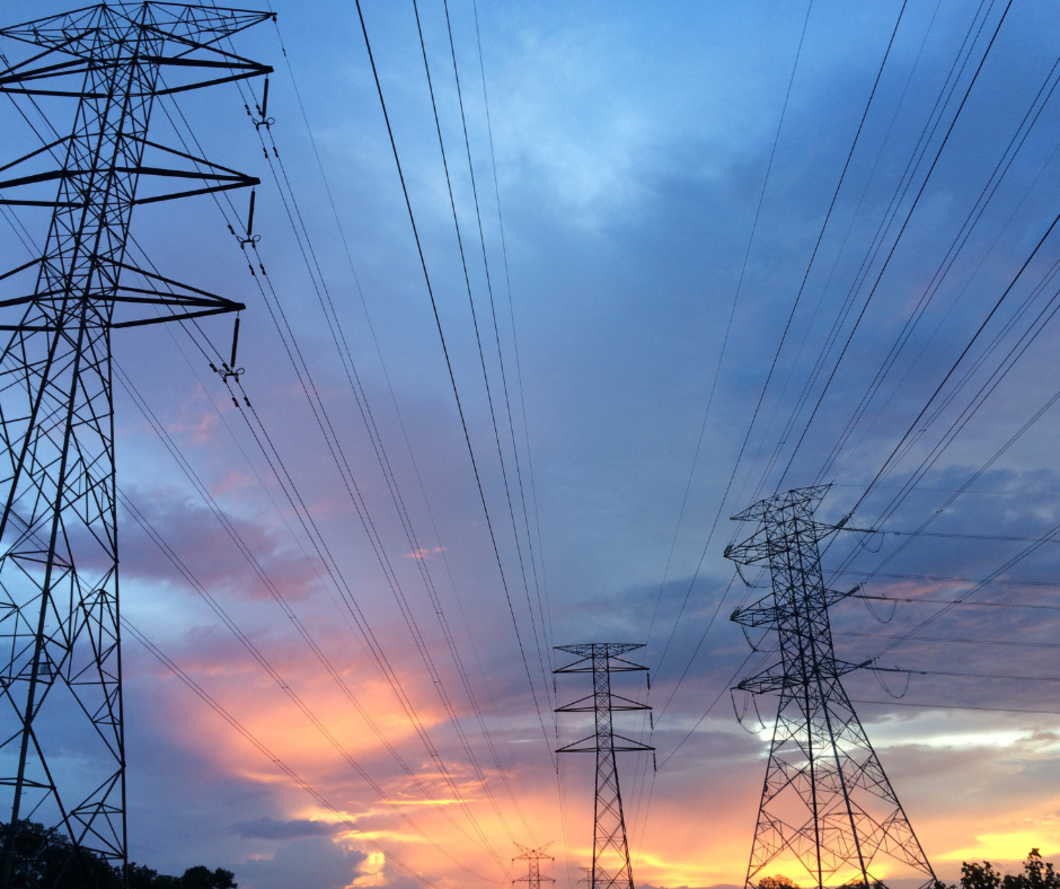
What preparations are made to prevent a power failure or to enable a rapid response in the event of an emergency?
The grid operators take extensive measures in their area to ensure uninterrupted operation of the electricity grid. Corresponding emergency plans are in place, which are also regularly reviewed and tested.
In the event of an emergency, the city of Hof draws up a concept as part of the preparatory disaster control to ensure basic supplies and effective emergency management. In this context, close coordination takes place with the other authorities and organizations with security tasks (BOS) as well as the critical infrastructure facilities.
A particularly important point here is also ensuring that the population is informed and that initial contact points for emergency calls are set up. For this purpose, nine contact points (so-called "disaster lighthouses") will be set up in the city of Hof, which can be used to make emergency calls and obtain further information if necessary.
You can view the locations here.

How can I prepare for a power outage as a private individual?
Due to the large number of areas of life affected, it is also important for citizens to prepare themselves. In principle, it should be possible to cover daily personal needs over a short period of time.
The following list provides an indication of which (consumable) items should be kept in sufficient quantities:
- Drinks for 10 days (2 liters per day for each person living in the household)
- Food for 10 days (preferably long-lasting, e.g. canned food or cereal products)
- If necessary, pet supplies for 10 days
- Alternative cooking facilities, e.g. camping stove
- Battery flashlights and spare batteries, candles and matches/lighter
- Extinguishing agent, e.g. fire extinguisher
- Medicine cabinet with common medicines, e.g. (head) painkillers, disinfectants, plasters/bandages, clinical thermometer
- If prescription medication has to be taken, an appropriate supply to cover requirements for 10 days
- (Additional) rechargeable batteries for medically necessary devices
- Hygiene articles for daily use, e.g. soap, toothpaste, toilet paper
- Battery-operated radio (and spare batteries) or crank radio
- If a stove/fireplace/tiled stove is available, appropriate fuels
- Heating facilities independent of electricity, warm clothing and blankets
- Fuel for your own supply routes
- Cash
The BBK offers further information and extensive interactive checklists on its website. You can find them here.
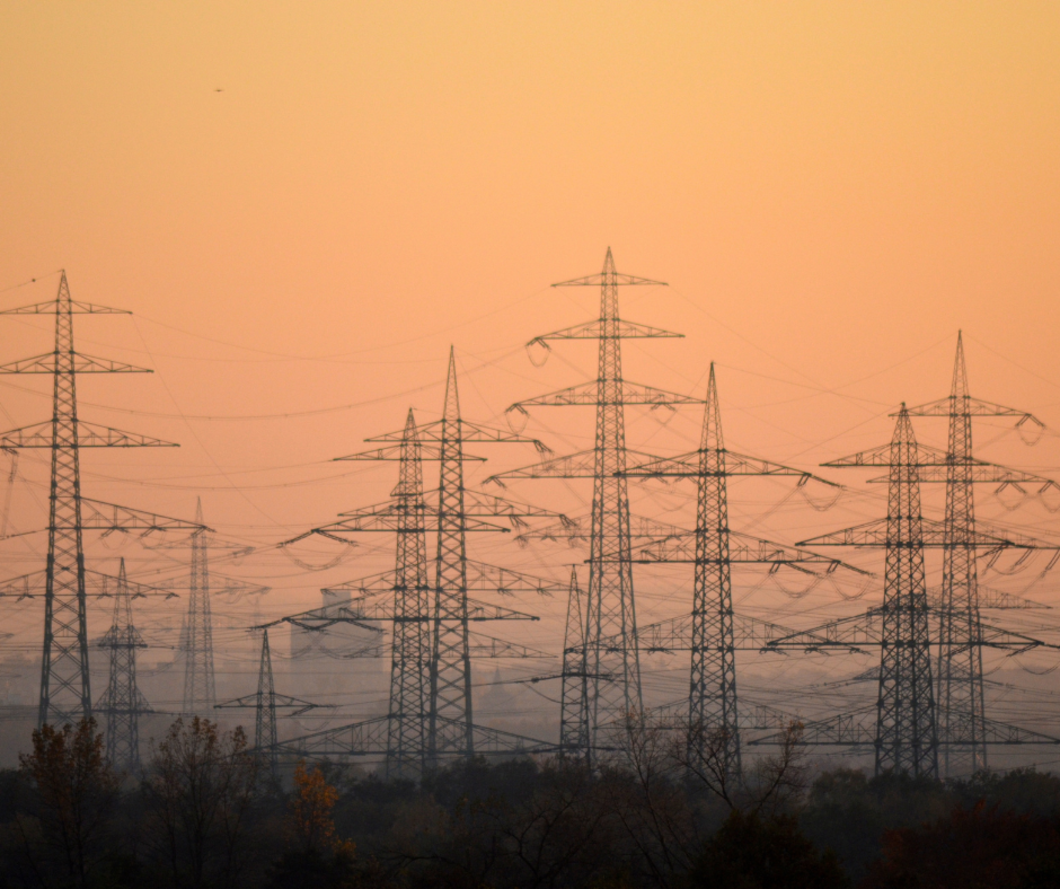
How should critical infrastructure facilities (KRITIS) prepare for a power outage?
Critical infrastructure facilities are the facilities and companies operating in the areas defined by the BSI Critical Infrastructure Ordinance (BSI-KritisV). Further information can be found on the BBK website.
These companies must already have comprehensive security and emergency concepts in accordance with legal requirements. The following points should be taken into account to prepare for the issue of prolonged power failures:
- Review the concepts on the topic and update them accordingly if necessary
- Review the facility's internal emergency power supply and clarify the fuel supply
- Review the need for a supply of gas and water even in an emergency and clarify supply options
- Maintaining contact details outside of normal working hours and setting up alternative communication channels
Where can I get information and help in the event of a prolonged power cut in the city of Hof?
First call points (disaster lighthouses):
Name of the lighthouse | The address | Exact location |
Building yard | Leimitzer Str. 92a 95028 Hof | In the administration building of the municipal building yard |
Ice pond Hof | Am Eisteich 1 95028 Hof | In the changing room area |
Hofeck | Quetschenweg 4 95030 Hof | In the entrance area of the Hofeck primary and secondary school |
Krötenbruck | Schulstr. 5 95032 Hof | In the entrance area of Krötenbruck elementary school |
Leimitz | Brunnenplatz 4 95028 Hof | In the fire station of the Leimitz fire-fighting group |
Moschendorf | Oberkotzauer Str. 23 95032 Hof | In the fire station of the Moschendorf fire-fighting group |
Town hall | Karolinenstr. 17 95028 Hof | In the entrance area of the technical town hall |
Rosenbühl | Max-Reger-Str. 71 95030 Hof | In the entrance area of the Johann-Christian-Reinhart-Gymnasium |
Wölbattendorf | Alte Helmbrechtser Str. 43 95030 Hof | In the fire station of the Wölbattendorf fire department group |
Important note:
The disaster lighthouses are used to ensure communication with the rescue organizations and to inform the public and have an emergency power supply for their own use. Neither electricity nor food can be provided for the population at the locations.








